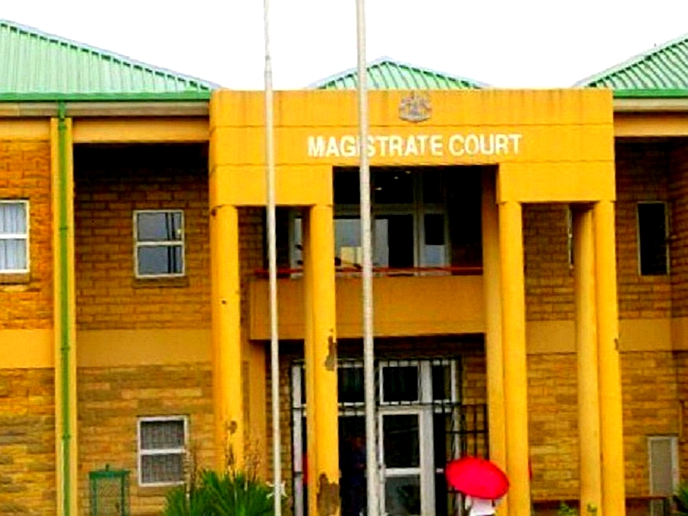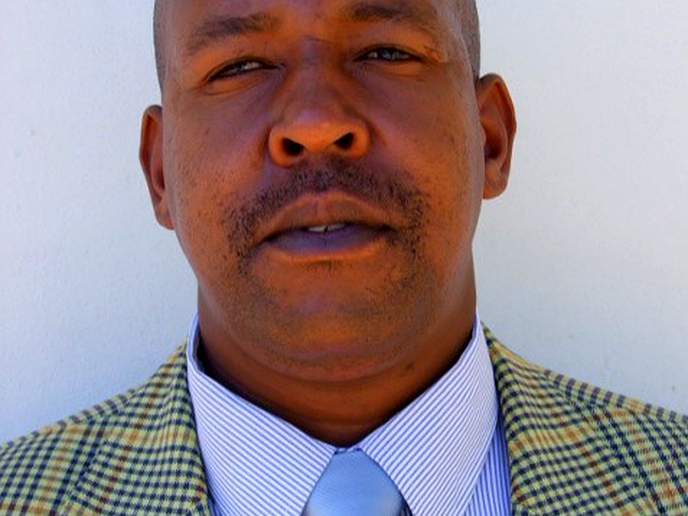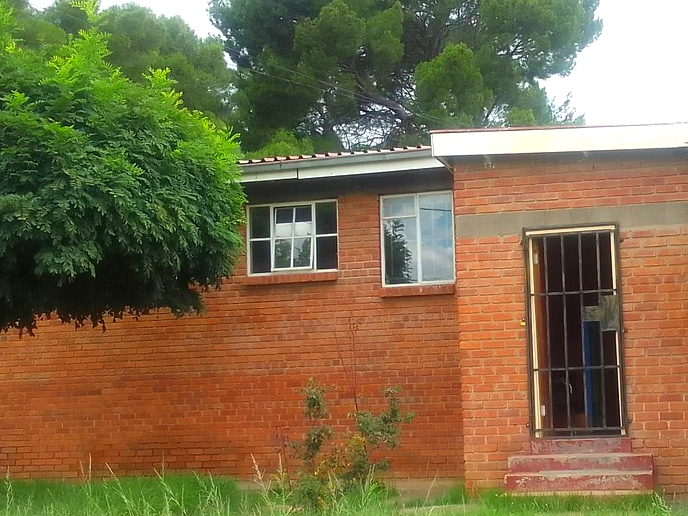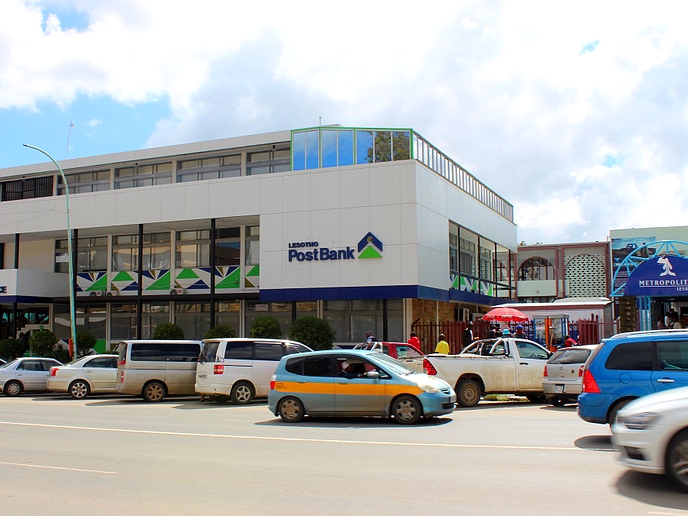Basotho have been advised to focus on desired national goal as the country engages in broader public consultation to pull in views from thousands of Basotho in and outside the country, as part of a wide-scale consultation process on national reforms. “In every democratic process, there will always be conflict and this should not stop the Basotho nation to reach their goal regarding reforms. At the end of the day, the intention is to have successful reforms for the benefit of the entire country and as such conflict should not stop us to reach our goal,” said Justice Dikgang Moseneke, Southern African Development Community (SADC) facilitator in Lesotho. Speaking at a one-day Extension of First Plenary of the Multi Stakeholders National Dialogue held in Maseru on Thursday last week, Justice Moseneke said Basotho must also have a specific time frame regarding the work to be undertaken so as to achieve bigger results and “the nation should re-commit institutions in issues of common concerns such as those relating to security amongst others”.
news
March 4, 2019
4 min read
Basotho advised to focus on desired goal
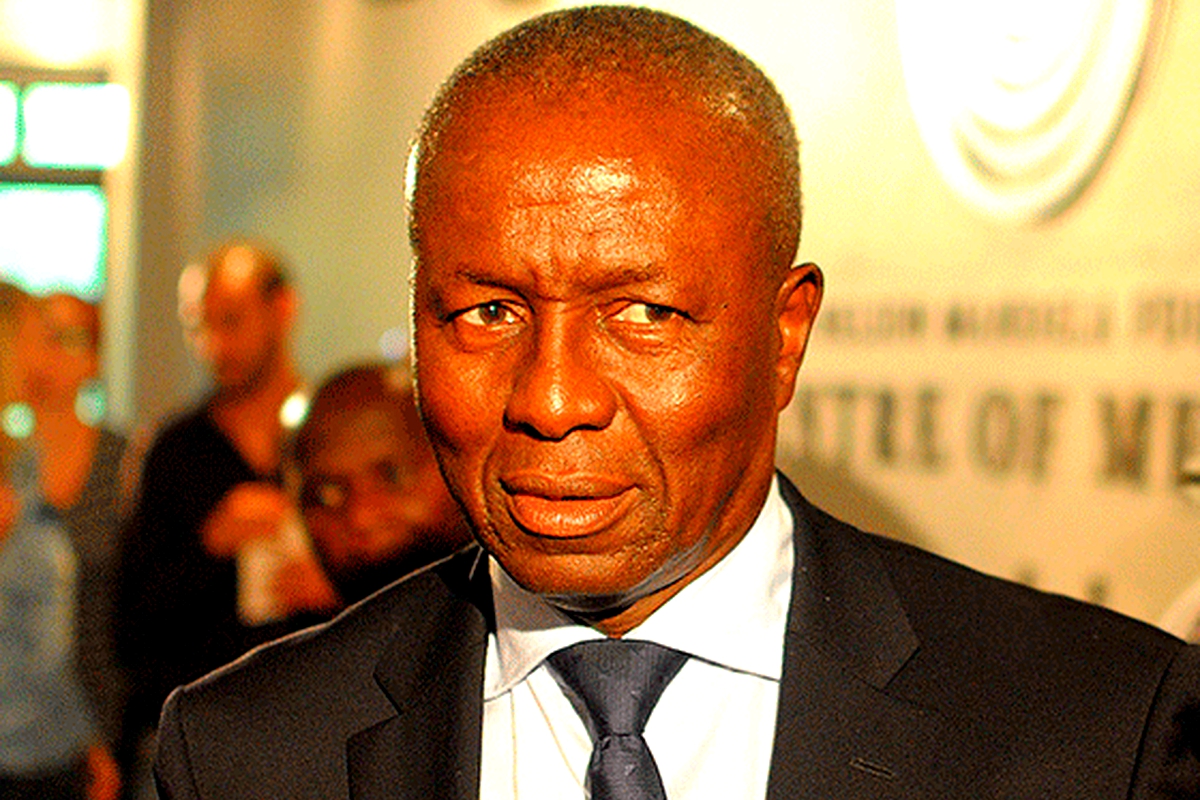
Lesotho is engaged in the process or reforming its constitution, security, public service, the judiciary and media with the purpose of creating conducive environment for lasting peace and political stability. This after the constitutional monarch kingdom experienced never-ending political instability since the country gained independence in 1964 with a series of bloodless military coups. Thereafter the country has undergone three national elections over the past five years. The kingdom’s economic and political foundations have been shaky since a failed military coup catapulted the country into political conflict in 2014. The reforms, according to Deputy Prime Minister Monyane Moleleki, belong to Basotho and no government nor politician should influence the process. The task is expected to take 30 to 40 days in districts and outside the country after which the second leg is expected to take place in mid-April. “The extension of First Plenary of the Multi Stakeholders National Dialogue is meant for broader consultation with the people. Nobody should influence the opinions of fellow citizens. Instead we should give the people a chance to share their sentiments with regard to the whole process. We have to pay attention to the United Nations Development Programme (UNDP) project meant to support reforms, which is the Lesotho National Dialogue and Stabilisation (LNDSP),” stressed Moleleki.
The reform process kicked off in 2017 with the launch of leaders forum after Prime Minister Tom Thabane announced in parliament the resolution of his coalition government to engage in the process without looking back until its finality. Leaders forums include government officials, politicians, traditional leaders and members of the civil society from different spheres. When he launched the process at the time, Thabane said the country “ought to engage in comprehensive national reforms, focusing on seven thematic areas: the constitution, parliament, judiciary, security, public service, economy and the media.” Following last week’s session, it is anticipated that the second leg of reforms will be in April after broader consultations with the public in and outside Lesotho. According to Taelo Ntsokotsane, chairperson of the technical working committee responsible for the reform process, the dwindling foreign direct investment in the country, lack of media freedom and political unrest were main concerns identified by the committee.
He said: “The country has been through political unrest, political assassinations and coups. In five years, there were three elections, so that whoever was in power during that time wouldn’t finish their term because elections would be held due to political unrest. There were glaring security challenges and so, in 2013, SADC, the [African Union] and the United Nations got some experts to guide us on how the election model of our country should look in as far as it meets international standards and the constitution.” On behalf of opposition parties, Motlalentoa Letsosa of Democratic Congress (DC) has urged National Development Planning Committee (NDPC) members to include all opinions of the public for the success of reforms. His sentiments were echoed by Pelele Letsoela, on behalf of parties outside parliamrnt who urged the government to ensure availability of a secretariat for smooth operations of the committee.
Enjoy our daily newsletter from today
Access exclusive newsletters, along with previews of new media releases.
On behalf of shepherds under the auspices of Lesotho National Farmers Union (LNFU), Tsépo Sello appealed for the inclusion of shepherds “as they are faced with various challenges that include being under paid and inability to communicate due to lack of network and transmitters which can make it easy for them to communicate with their families while in rural cattle posts.” “In most cases, we are unable to participate in issues of national interests due to the fact that the mode of communication is a challenge,” he stressed. Development for Peace Education (DPE) Director, Sofonea Shale advised the NDPC to consider use of different media platforms so as to gather more views of Basotho. “There are already political programmes in different media stations hence the need for the committee to explore options like these ones so as to reach out to the masses. The media plays a vital role in disseminating messages as well as tapping into the emotions of the audience,” he added.
The United Nations Development Programme (UNDP) Deputy Resident Representative, Christy Ahenkora has described reforms as a self-sacrificing exercise meant to transform the lives of Basotho. She said: “It is through reforms as well as effective participation of the society that the country can realise its goal. The UNDP support to reforms is demonstrated by the introduction of the LNDSP. The project is instrumental as it seeks to assist and ensures comprehensive reforms. This include promotion of peace and development in Lesotho.” At stakeholders’ inception workshop for the development and operationalisation of communication strategy regarding national dialogue and reform process held earlier, Nthakeng Selinyane, Government Spokesperson, said National Dialogue Reform Process (NDRP) is a development phenomenon that needs attention from all.
TmgLive/Lena
Tailored for you



